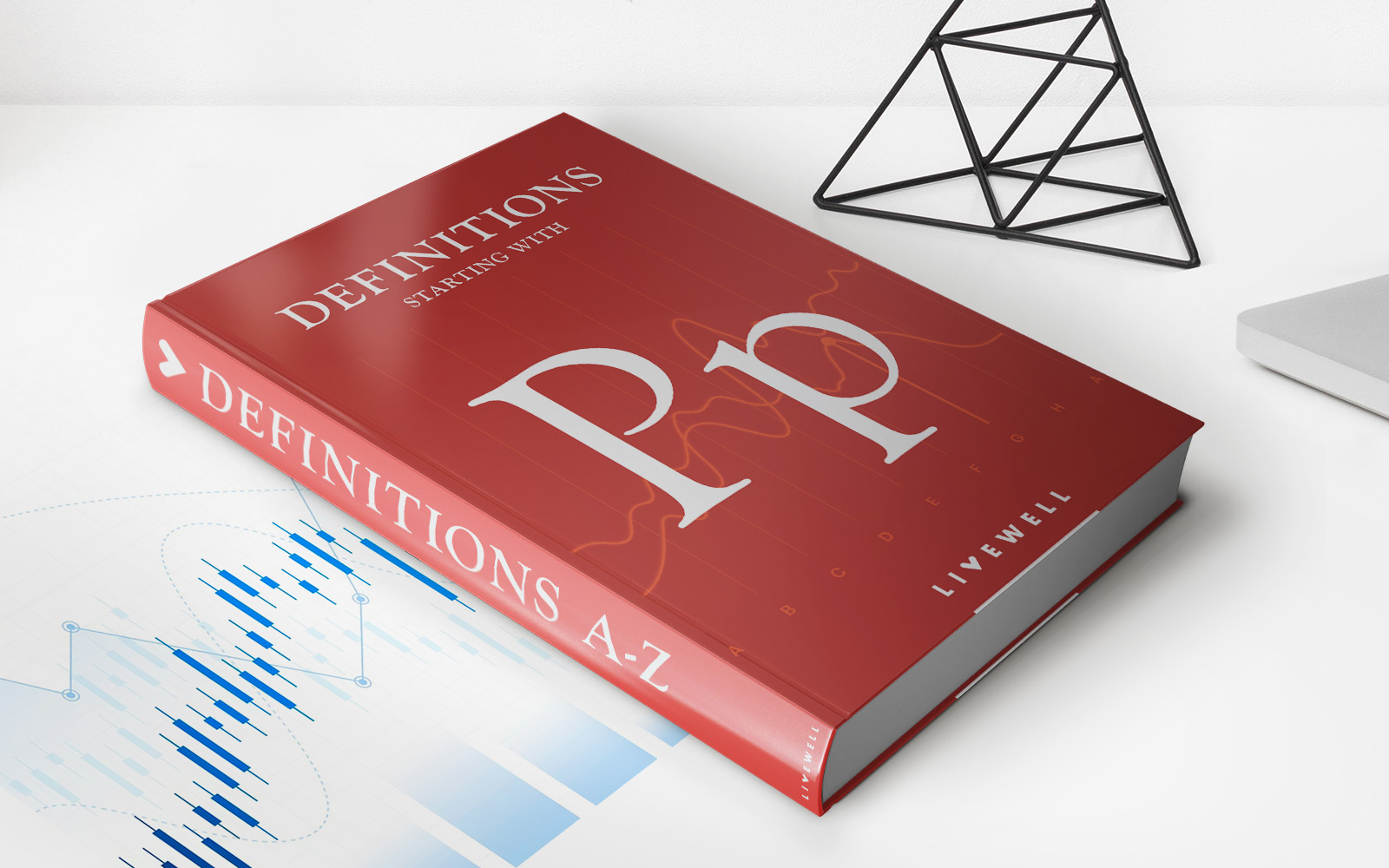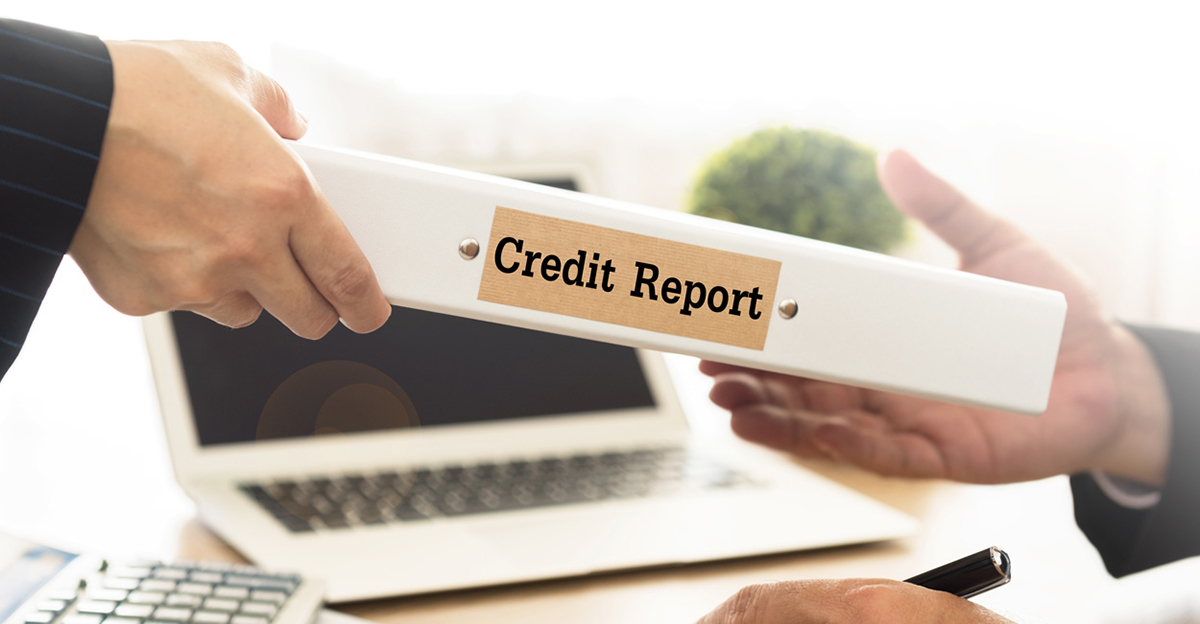

Finance
How To Understand Liquid Assets
Modified: September 6, 2023
Explore everything there is to know about liquid assets with our quick-dummy-proof guide. Here's how to make the most of your available assets.
(Many of the links in this article redirect to a specific reviewed product. Your purchase of these products through affiliate links helps to generate commission for LiveWell, at no extra cost. Learn more)
What Are Liquid Assets?
Most of us have heard or encountered the term “liquid assets” at least once but might not really understand what it means. In this article, you’ll find out what it is and why is it important. Especially, when it comes to managing your finances.
The term ‘Liquid assets‘ is probably one of the most basic terms in the finance industry. It is simple, yet not that easy, especially for people who are just starting to understand the world of finance.

Photo from Pixabay
Which of your possessions do you think you can use if ever there’s an emergency or if things get tough? Perhaps the first thing that came to your mind might be the bills resting inside your wallet as of the moment or maybe your savings account.
Well, you got it right. Any assets that are readily available for use and can be easily sold without or with less impact on its value are called liquid assets.

Photo from stockmonkeys.com
Are Your Assets Liquid?
As you ponder about your financial status or the current state of your business, knowing the value of your liquid assets is a significant factor when it comes to accurately assessing your monetary standing. To do that, you must first know which of your possessions are considered liquid. These factors would guide your assessment.
There must be an established market with large numbers of instantly-available buyers without having its value depreciated
Imagine this, you bought the latest smartphone for $1000. After a month, you realize that you didn’t use it that much as you found its features not as useful as your old phone. You want your money back so you begin posting it on a buy and sell site online while offering it to friends.
Do you think you will be able to sell it in 5 minutes? Of course not. It’ll take a week or at most, months to sell it. Additionally, you will also need to consider the reduced price since it is now considered a second-hand item no matter how little you used it.
Unlike what was mentioned above, liquid assets can be converted to cash easily and quickly. You will never have to think of the possibility that no one wants to buy it since the demand for it is endless.

Photo from Pixabay
The Ownership Of Liquid Assets Can Be Transferred Easily And Securely
You won’t buy a piece of land without negotiating its price first, right? And to say that it is yours legally, you need to process several documents that will take at least 3 to 6 weeks.
When it comes to liquid assets, there would be none or very minimal discrepancy between the asking price set by the seller and the price expected by the buyer, which makes the transaction smooth, with no risk of losses to either party.
Examples Of Liquid Assets
1) On-Hand Cash
It is considered as the most liquid of assets and all assets are considered liquid if it can be easily converted to cash. You can use it to buy anything at any time.

Photo from Pexels
2) Cash Equivalents
- Money-Market Funds: This kind of investment is one of the safest out there as it is expected to keep pace with inflation minus stock-trading-associated risks.
- U.S Treasury Bonds (T-bonds): These fixed-interest debt security are marketable at a fixed interest rate. T-bonds pay semi-annual interest until maturity. Exempted from state and local taxes, many prefer this scheme.
- Marketable Equity Securities (stocks): Also known as, “shares” can be bought and sold predominantly on stock markets. This gives the “stockholder” a proportion of the corporation/company’s assets or earnings with terms and conditions apply.

Photo from Pexels
- Mutual Funds: A professionally-managed portfolio of investments funded by different shareholders.
- Accounts Receivable: Are made when a customer receives goods or services from the company without paying first.
- Inventory: Finished goods or goods used by a company in their production.
- Exchange-Traded Funds (ETFs): ETFs are investment funds traded on stock exchanges. It holds assets likes stocks, bonds, and commodities.
Pros And Cons Of Liquid Assets
Liquifying a portion of your assets may have become a priority now after what you’ve read above. But just like in most cases, there are always pros and cons to be considered.
Experts have different opinions when it comes to how much money should be liquified. According to Suze Orman, a money expert, the best way to secure yourself is to have your 8 to 12 months worth of expenses converted to liquid savings.
What Are The Benefits Of Having Liquid Assets?
- You’re always prepared. You’ll never know when an emergency is going to come knocking at door. Liquid assets can be treated as cash and you can use anywhere and everywhere.

Photo from publicdomainpictures.net
- Having liquid assets gives you the assurance that you will always get your money’s worth It carries little to no risk, as it can be sold immediately or within a relatively short period of time.
- You can buy new investments without selling your other investments. Your cash-on-hand will make it easier for you to explore new ventures as you can buy shares or real estate where your money can grow.
- When you apply for a mortgage or any type of loan, one of the biggest factors of getting approved is the value of your liquid assets as it shows that you have good control of your money. In some cases, a mortgage lender would require you to have a few months’ worth of expenses in liquid assets.
- Sufficient liquid assets mean that you have enough to make sure you can pay your bills on time even if you suddenly lose your job or go over budget in any other area.

Photo from Pexels
The Disadvantages Of Liquid Assets
- One of the most important things about investing money, is the return. Having more liquid assets won’t give you much interest.
- The interest you receive from your savings account will be no match for the interest you could acquire from long-term investments.
Photo from Pexels
- Often, liquid assets will be taxed higher. The more liquid assets you acquire, the higher the tax you will pay.
- In business, having too much of liquified assets gives the impression that the company is afraid to take risks and failing to see new ventures and investing accordingly. This could come across as of putting to potential investors.
Liquid Funds V.S. Non-Liquid Funds
What are the differences between liquid and illiquid bonds and which of the two should you be looking at?
If you calculate the value of all that you own and convert it into monetary value, you probably have a substantial amount. However, that doesn’t mean you can access all those that you calculated instantly.
Say, for example, you have figured out that your net worth is a million dollars. If ever you see a limited edition car that costs half a million dollars, realistically, you would not be able to afford it. That’s because some of your assets are illiquid. They would have to be sold first for you to have their value.

Photo by Marco Verch from Flickr
Non-liquid assets may have a huge monetary value but you can’t use it right at the moment you need it.
Additionally, some illiquid assets often depreciate in value when you sell them. Like the example above about cellular units, if you want to sell your phone so you could buy another one within a week, you will have to lower its price so you can generate buyers.
But then, Not All Illiquid Assets Will Lead To A Loss
Collectibles like art, pieces of jewelry and antiques, hedge funds and other types of bonds are examples of illiquid assets. These assets may acquire value as time goes by though it is a bit riskier than the liquid ones.

Photo from Pixabay
However, gold as an intangible good makes an exception. The demand for the said metal increases so as its value.
The continuous growth of engineering and jewelry-making industry made the demand for gold endless. Because of these factors, long-term investors have been turning to gold as an investment. The same thing can happen with original paintings and antiques.
Take the world-famous painter Leonardo Da Vinci’s Monalisa; In the year 1962, it was assessed to be $100 million. In the present time, considering the inflation and other economic changes, the well-known masterpiece would amount to $2.67 billion.
So what do you think?














